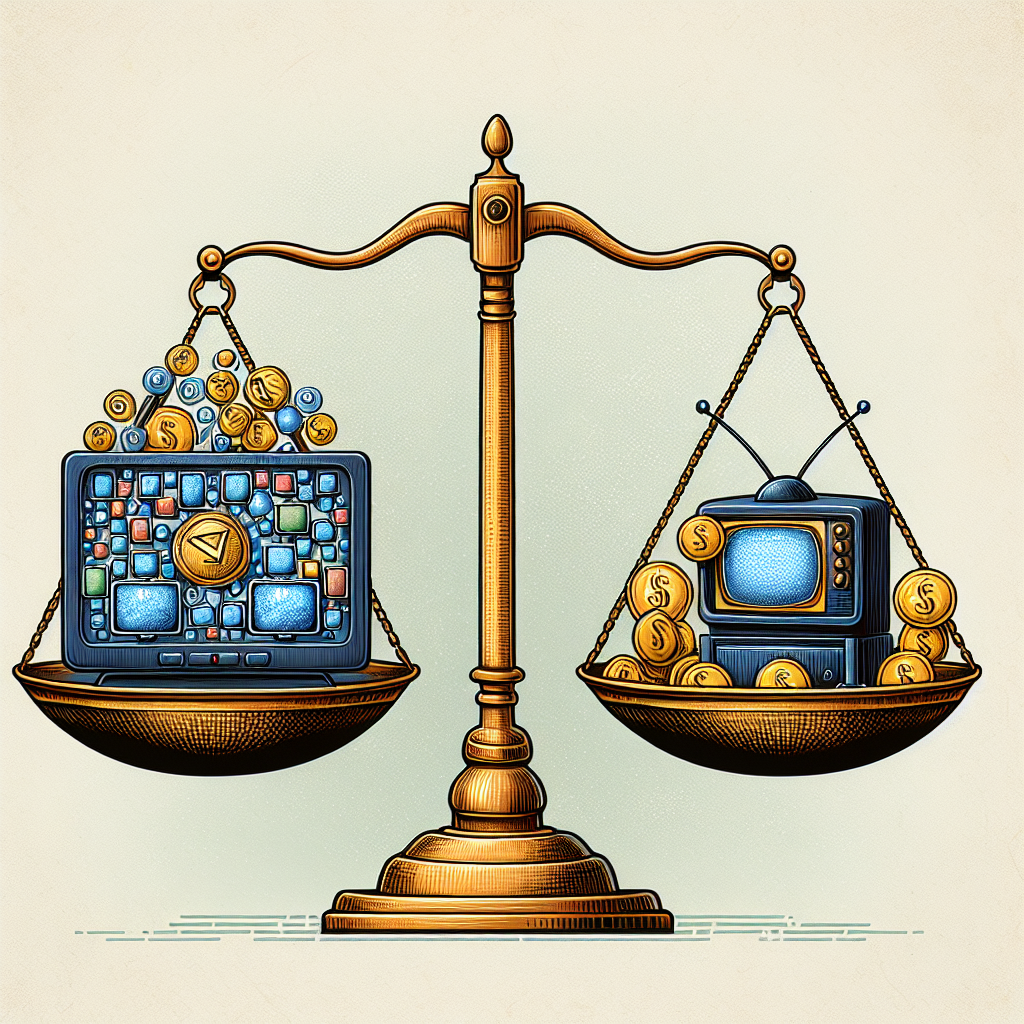In today’s fast-paced digital world, the way we consume television content has evolved significantly. Traditional cable TV has long been the go-to option for many households, but IPTV (Internet Protocol Television) has emerged as a popular alternative in recent years. Both options have their own set of features and costs, making it important for consumers to understand the differences between the two before making a decision.
Let’s start by comparing the features of IPTV and traditional cable TV. One of the key advantages of IPTV is its ability to deliver content over the internet, allowing for a more interactive and personalized viewing experience. With IPTV, users can access a wide range of channels, on-demand content, and interactive features such as live streaming and video-on-demand. Additionally, IPTV services often offer advanced features like cloud DVR, multi-screen viewing, and on-the-go access through mobile apps.
On the other hand, traditional cable TV relies on a dedicated cable or satellite connection to deliver content to the viewer’s television. While cable TV still offers a wide range of channels and programming options, it may not be as flexible or customizable as IPTV. Cable TV also typically requires additional equipment, such as set-top boxes and cables, which can add to the overall cost of the service.
When it comes to cost, IPTV and traditional cable TV also differ in their pricing structures. IPTV services are often offered as subscription-based plans, with prices varying depending on the number of channels and features included. Some IPTV providers may also offer bundled packages that include internet and phone services, which can help reduce overall costs for consumers.
On the other hand, traditional cable TV services typically charge a monthly fee for access to a set number of channels and programming options. Additional fees may apply for premium channels, equipment rentals, and installation services, which can add up over time. While cable TV may offer a more predictable pricing structure, it may not always be the most cost-effective option for consumers looking to cut down on their monthly expenses.
In conclusion, both IPTV and traditional cable TV have their own set of features and costs to consider. IPTV offers a more interactive and customizable viewing experience, while traditional cable TV may be more reliable and widely available. Ultimately, the best option for you will depend on your viewing preferences, budget, and internet connectivity. It’s important to compare the features and costs of both options before making a decision to ensure you’re getting the best value for your money.


Leave a Reply